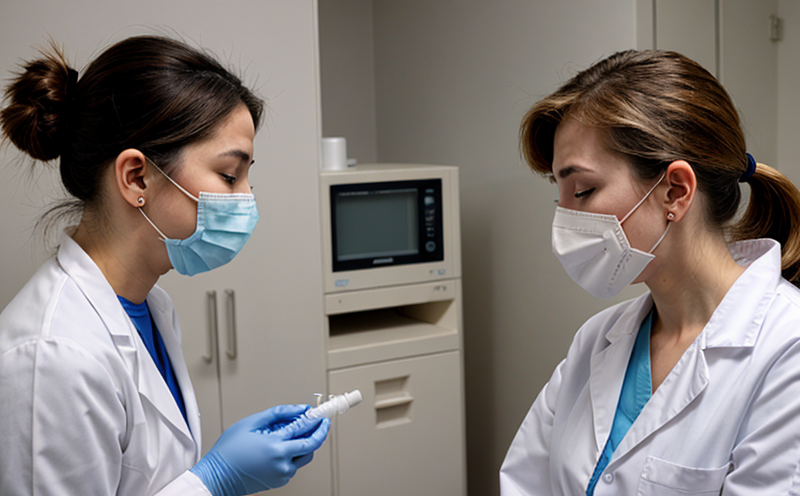Allergy & Immunology Testing
Understanding and diagnosing allergies and immunological disorders is crucial in the clinical and healthcare sectors. Allergy & Immunology Testing encompasses a variety of methods used to identify, diagnose, and monitor allergic reactions as well as immune system dysfunctions. This testing plays an essential role in ensuring accurate diagnosis and effective treatment plans for patients.
The core purpose of allergy and immunology tests is to determine the specific allergen responsible for triggering an adverse reaction or to assess the patient's immune response. These tests are designed to be highly sensitive and reliable, providing critical data that helps healthcare professionals make informed decisions about patient care. The testing process typically involves collecting samples such as blood or skin, which are then analyzed using various techniques.
Accurate diagnosis is paramount in allergy management; it ensures that patients receive appropriate treatment without unnecessary exposure to non-specific allergens. Common tests include skin prick tests, intradermal tests, specific IgE measurements (RAST), and more recently, the use of allergen-specific antibodies like monoclonal antibodies. Each method has its strengths and is selected based on the clinical scenario.
For instance, a skin prick test involves introducing small amounts of suspected allergens onto the skin surface; if there's an immune response, it indicates sensitivity to that particular substance. Intradermal tests are more sensitive but also carry higher risks compared to skin prick tests. Specific IgE measurements measure antibodies produced by the body against specific allergens, providing a quantitative assessment.
Understanding these nuances is vital for healthcare professionals as they navigate through different testing options available today. It allows them to select the most appropriate test based on factors such as patient history, suspected allergen, and potential complications associated with each type of test.
Industry Applications
| Application | Description |
|---|---|
| Pharmaceutical Development | Identifying potential allergens in drug formulations to ensure safety. |
| Environmental Health Monitoring | Detecting airborne allergens like pollen, mold spores, and dust mites. |
| Patient Care | Diagnosing allergies and monitoring the effectiveness of treatment strategies. |
| Educational Institutions | Screening students for common allergens to prevent allergic reactions during field trips or school activities. |
Why Choose This Test?
- Highly accurate in identifying specific allergens.
- Provides detailed information about the patient's immune response.
- Facilitates effective treatment planning tailored to individual needs.
- Supports long-term management of chronic conditions like asthma and eczema.
International Acceptance and Recognition
Allergy & Immunology Testing adheres strictly to international standards such as ISO, ASTM, EN, IEC, and others. These guidelines ensure that the tests are conducted consistently across different regions, leading to reliable results. Compliance with these standards is crucial for healthcare providers who must meet regulatory requirements and maintain patient trust.
The World Health Organization (WHO) recognizes allergy and immunology testing as a critical component of global health initiatives aimed at reducing morbidity associated with allergic diseases. This recognition underscores the importance of accurate testing in improving public health outcomes worldwide.





